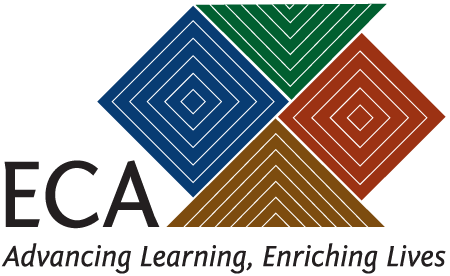
Research & Evaluation
ECA utilizes mixed, multi-informant designs to both examine program implementation across ecological contexts and evaluate effectiveness at the child, provider, and program levels. Our work is largely guided by principles of implementation science and theory of change and ecological systems frameworks.
ECA program evaluations are grounded in the contexts in which they are implemented. When environments that affect our programs change, our evaluations will likely need to change. Consequently, we use mixed methodologies to uniquely inform the aims and implications of all our projects. Our methods extend from the development of brief evaluative surveys to observation and the application of well-established rubrics and tools, employing cutting-edge technology to support evaluations near and far. These data are often triangulated with qualitative interviews or focus groups to gain multi-stakeholder perspectives. ECA is also adept at conducting child and adult assessments in culturally, linguistically, and socioeconomically diverse populations. We use and train others on child assessment tools that align with the DEC Inclusion Indicators for monitoring the progress of children with disabilities.
